Slow Burn Style, Sustainability’s New Frontiers

Sustainability is flourishing as a new pillar of aspirational living, with fashion at the forefront of the revolution. No longer the worthy but decidedly poor cousin to more tantalising options, from digital couture and ‘prestige preloved’ to the rise of vegan luxe, sustainable style is parlaying initial curiosity into genuine prestige status.
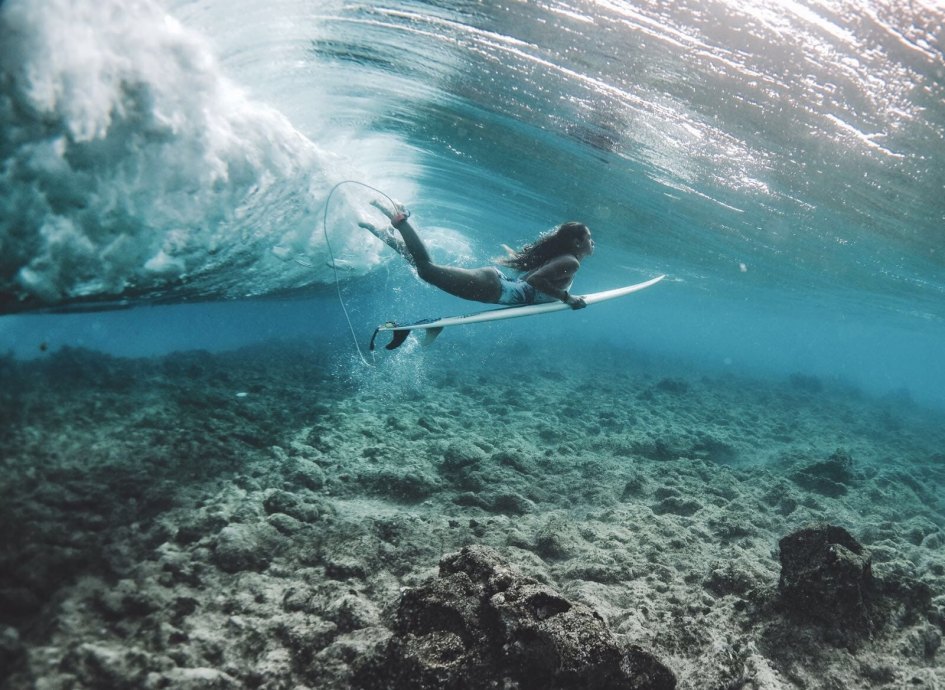
In December 2019, deep in a Royal Albert Hall buzzing with a galaxy of fashion greats (from Mr. Armani himself to Bottega Veneta’s superstar creative director Daniel Lee), the British Fashion Awards played host to Central Saint Martin’s annual White Show, Opus 19. A rite-of-passage for BA students at the prestigious college – all of whom produce a single garment from two metres of white fabric at the end of their first term as a declaration of personal creative intent – this year’s show delivered a singular punch of a message: “Creative Directors Start Using Your Collective power”. Emblazoned on a banner held aloft by 19-year-old student Johnny MacLean as he walked in the opening look, the flip side succinctly shot home: “Climate Emergency”.
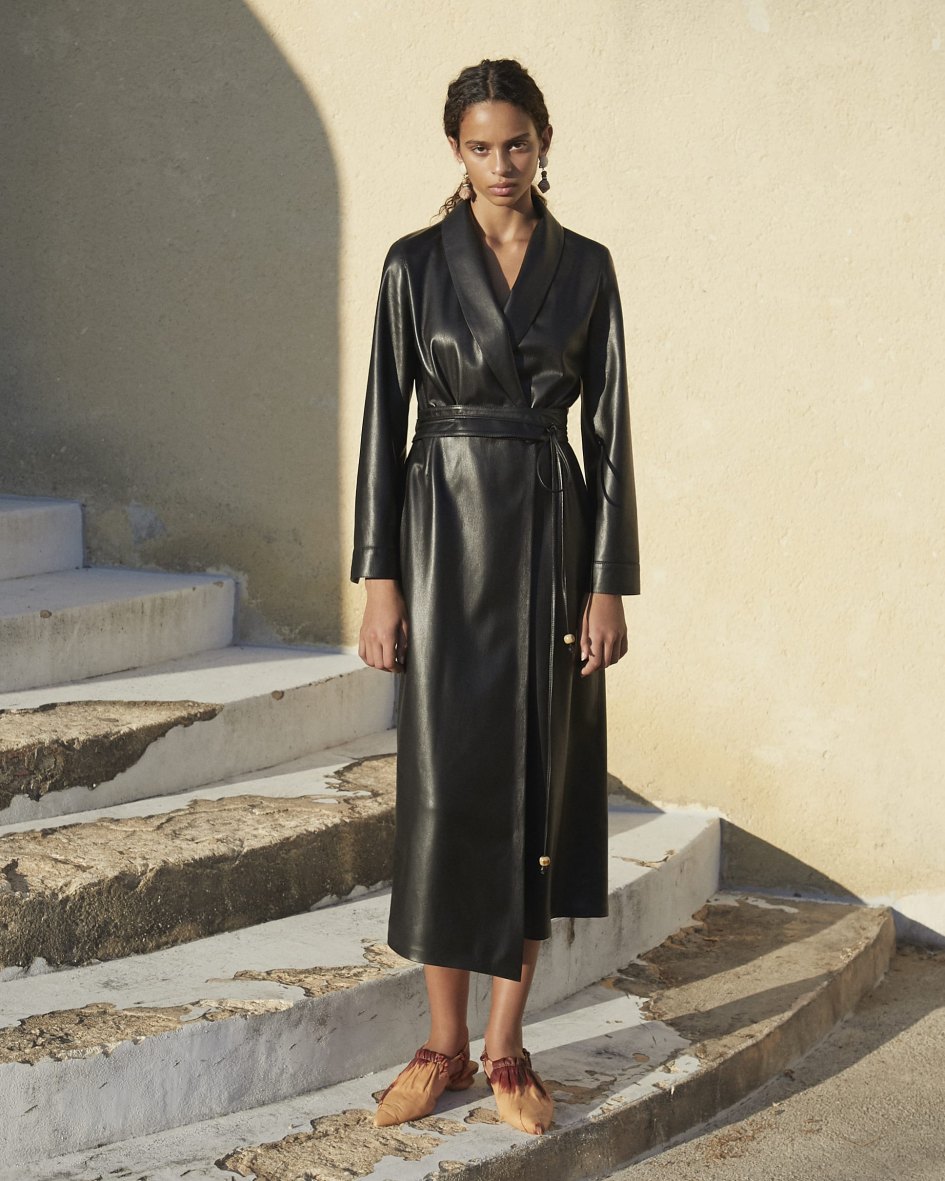
Famously a showcase of raw talent unbridled by commercial restraints, ironically, it captured a significant sea-change in the cultural and consumer mood. It was little surprise that one of the night’s big winners was Bethany Williams, named Emerging Menswear Talent just two show seasons in thanks to cleverly crafted pieces of festival-meets-streetwear cool made entirely from recycled, organic or handmade fabrics. Think: oversized recycled wool intarsia knits, panelled outerwear crafted from revived nylon and reconstituted denim hoodies, with powerhouse price tags – coats vary from £750 to £4500 – indicative of the meticulous work.
Williams, who is also notable for community values (every season she works with different charitable causes including regularly employing people from local social initiatives such as drug rehabilitation groups) is actually part of a formidable line-up of London-based talent melding luxury fashion and eco-ethical desirability. Others include innovator Christopher Raeburn whose outerwear is largely created using high-performance surplus materials such as defunct military parachutes, and Martina Spetlova – a Czechoslovakian-born former chemist who’s substituted insights into compounds for specialist materials manipulations. Now almost as famous for pioneering smart tech as she is her butter-soft woven leather jackets and accessories in pitch-perfect colour palettes, she’s currently partnering with British blockchain experts Provenance on a system that gives garment owners visibility on the origins, people, processes, journey and materials that constitutes every inch of her pieces.
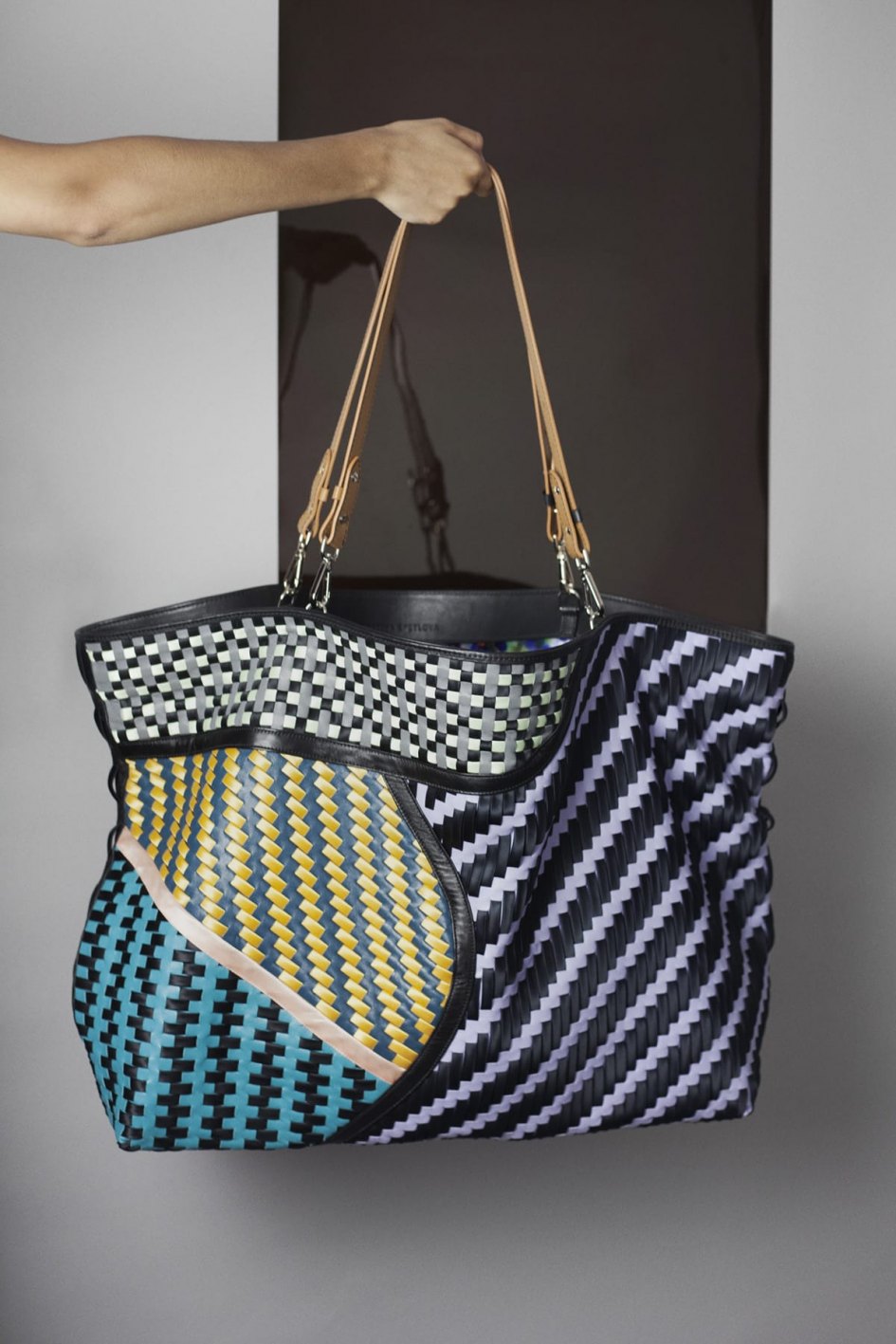
There’s also Phoebe English, an avant-garde British designer whose deceptively simple, borderline androgynous styling underscores the beauty to be found in deadstock materials, a resurrection of artisanal skills on the brink of expiration and zero-waste pattern cutting.
More overtly glamourous eco-turns have come from cherished players such as British-Afghan Osman Yousefzada famed for his elegant, feminine and fun-loving ensembles (from brocade suits and romantic sculptural dresses to draped sequinned tops) whose AW19 vegan leather pieces were created via a process that’s both chrome and chemical free - countering the considerable confusion surrounding eco-positive style; while veganism may be an acknowledged winner for person and planet, petrochemical-based vegan leather products can take much longer to biodegrade than the traditional materials, sometimes up to 500 years.
Indeed, vegan fashion, once a mulch of hemp waistcoats and fetid fabrics from a parallel universe that style forgot, is experiencing a serious perception overhaul. Stella McCartney, a long-term advocate of cruelty-free clothing arguably kick-started fashion fans’ appreciation for faux leather luxe with her accessories, including her delectable rubber boots. Feeding that rising appetite are brands including Hungarian-originated label Nanushka, which bills itself as ‘the modern bohemian’ and was recently hailed by the US edition of style bible L’Officiel magazine as “Instagram’s favourite vegan brand”. Dealing in a seductive breed of modernist chic, signature sell-out pieces include its ‘hide’ puffer jacket and a midi-length dress languishing somewhere between a classic trench and a kimono-esque dressing gown, all in REACH-certified ‘leather’ (an EU regulation declaring the avoidance of harmful chemicals during production).
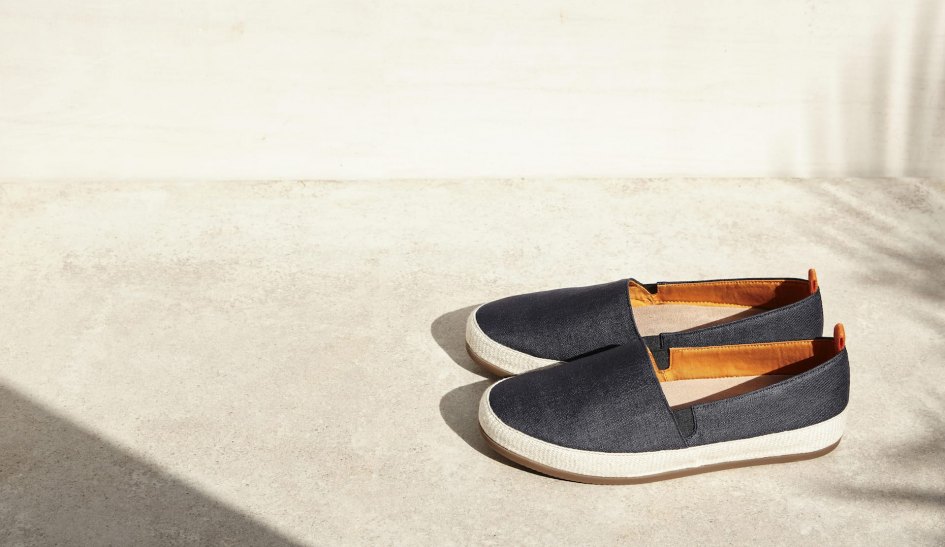
Accessories brands are also closing in on the groundswell, from Californian brand Melie Bianco’s handbags to British brand MULO shoes, a label whose signature style – a premium reimagining of the humble espadrille – has been reconfigured for the spring/summer 2020 season with plush vegan-friendly linings. Barely out of the blocks, launched April 2020, is UK-headquartered luxury footwear brand AllKind whose shoes are handmade in Spain. Not atypical for this blossoming sector, the entire business model is wrapped in a halo of uncompromising conscious consumption – proudly “vegan, ethical, sustainable, original and Carbon Positive from launch” it’s the brainchild of an entirely female collective of British vegan entrepreneurs.
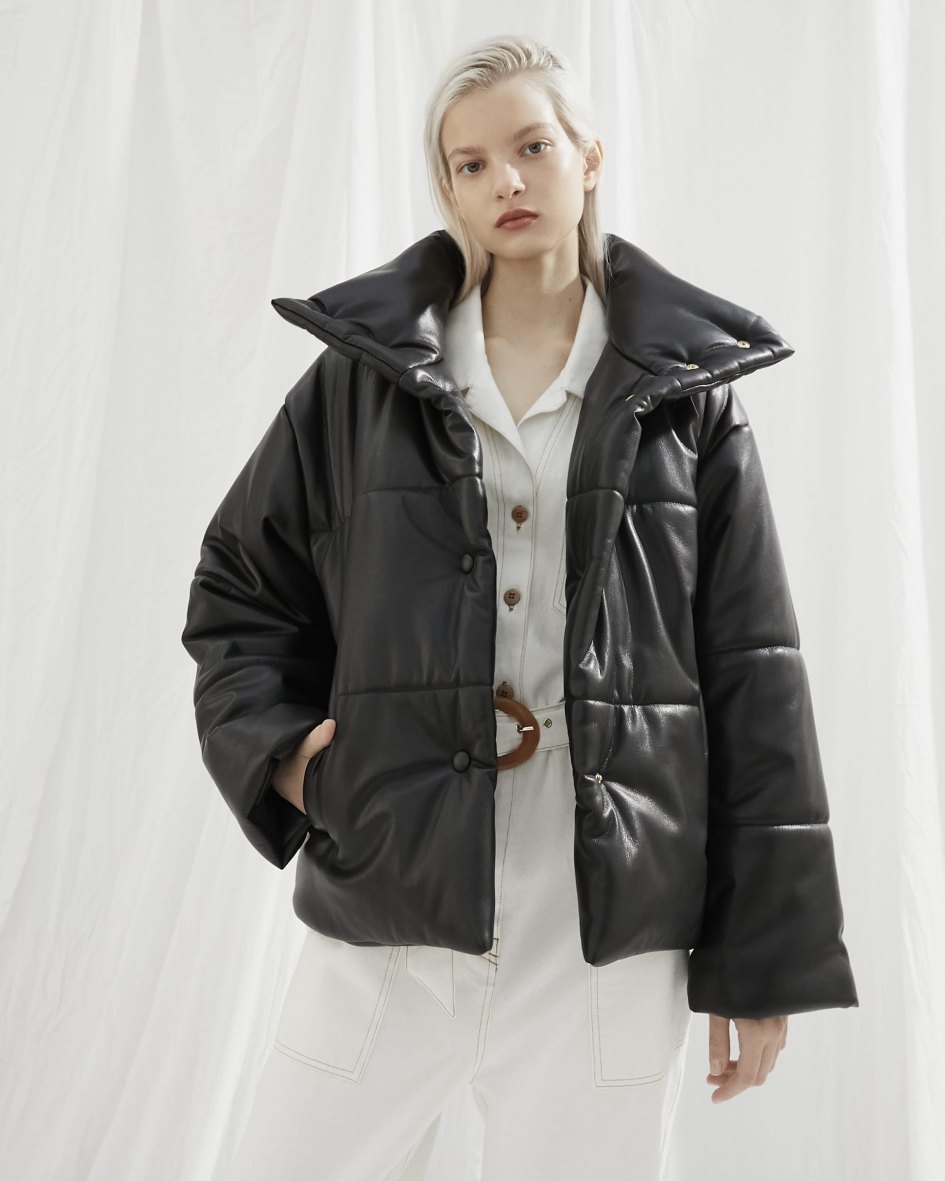
Collectives are indeed a key factor in leveraging the status of eco-luxe, magnets for mobilising a demanding new generation of sustainability connoisseurs turned on by intelligent spending. Rêve en Vert was early to the table – the luxurious online platform quietly described by industry insiders as ‘the Net-a-Porter of sustainable fashion’ curates the best eco-sensitive brands, wrapped in editorial features. Farfetch now has Positively Farfetch: The Conscious Edit, a curated page on its main e-commerce site in partnership with independent agency Good On You that rates brands’ eco-ethical cred. Garments range from sustainable sportwear by Stella McCartney to pretty much everything from the laidback Cali-cool-girl vibe of Reformation. But few have made the kind of waves of The Maiyet Collective – a concept cofounded by beyond-fashion heavyweight Paul Van Zyl, a South African human rights lawyer who worked on South Africa’s post-apartheid Truth and Reconciliation commission. Originally conceived as monthly pop-up of 50-60 brands housed inside London members’ club The Conduit, every element of department store style concept (from the décor to the discussion to the culinary manifesto) promoted a sustainable agenda. Bearing shades of his political focus on unification and progression, Van Zyl said at the time, “everyone will have equal access to support and see what one another is doing; sharing thoughts around everything from cause marketing to supply chains. This is about creating a tide that will lift all boats”. Shopping with the collective now predominantly happens online, alongside a regular IRL designer-maker events, interactive workshops, educational discussions and story-telling events.
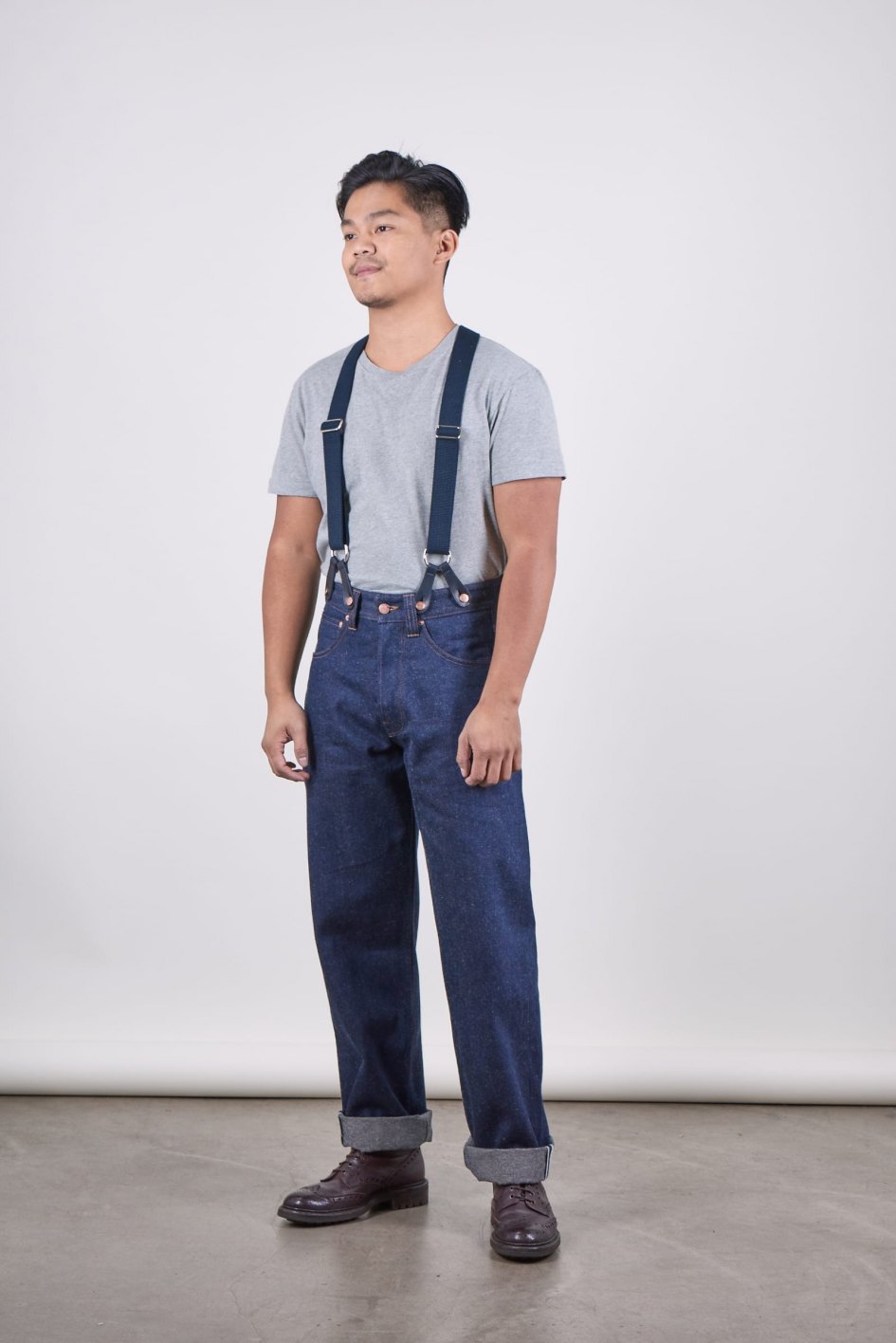
That pursuit of haute sustainability is indelibly intertwined materials innovations, itself a booming industry and exemplified by brands such as Pangaia – an international bio-engineering materials science collective “on a mission to save our environment”. Intensely attuned to the autumn/winter 2020 trend for cocoon-style outerwear of epic proportions, it kicked off the year in seriously directional fashion by launching a capsule collection of luxury vegan puffer jackets filled not with duck or goose down, but FLWRDWN – a patented filling of shredded flowers. In development for almost a decade, the wildflowers are even harvested using a regenerative method that doesn’t require irrigation, making it kinder to the environment.
Brazilian designer Pedro Lourenço, formerly of Lanvin and now founder of Zilver is another creative to keep watching. The transparency-dedicated, gender-fluid label is similarly ensconced in reimagining classic outerwear garments; key items include ‘duvet coats’ insulated with used plastic bottles in lieu of traditional animal down.
Swimwear too, is a hive of eco-elite innovation; Stay Wild Swim, founded by Natalie Glaze and Zanna Van Dijk, is a collection of satisfyingly inclusive sporty-looking pieces made from regenerated ocean plastic, while Island Feather reduces waste by going double duty: it’s fitness apparel can be worn to run, do yoga or surf, a capsule fitness wardrobe for the Marie Kondo generation.
Denim is another sweet spot for sustainable visionaries, thanks to its long-time status as a cult staple that transcends trends and so nicely primed for an era where excess seems increasingly gauche. Exemplifying this shift is Blackhorse Lane Ateliers, London’s only craft denim jeans maker. Founded by Turkish-born tailoring guru Han Ate, a self-confessed devotee of the Bauhaus movement’s famous ‘form follows function’ principles (as, incidentally, is Nanushka’s founder Sandra Sandor) fans are actively discouraged from ever buying more than two pairs of its organic raw denim masterpieces at once. A denim-head’s dream, its London flagship even features a Denim Haberdashery - providing enthusiasts with everything they need to maintain, repair or even make their own jeans.
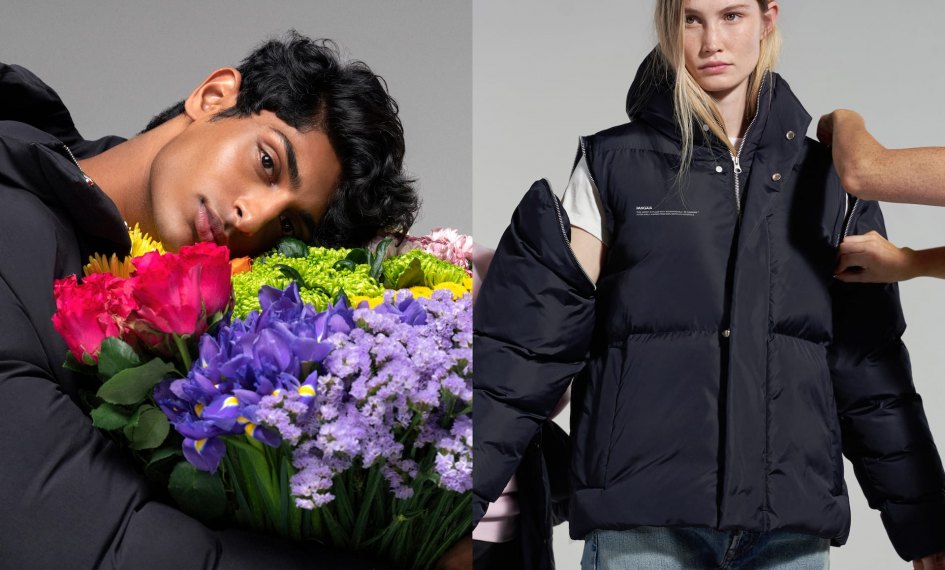
While resales are also booming as ‘pre-loved prestige’ becomes the most modern of fashion status symbol (iconic American designer Diane von Furstenburg has just launched its luxury rental division, DVF Link) the next major frontier is virtual style. It’s already on the cusp of big-time breakthrough, thanks not only to high fashion’s infiltration of gaming (see Louis Vuitton’s collection of ‘skins’ for the game League of Legends) but also the desire for digital couture. In 2019, a shimmering maxi dress called Iridescence created by digital garment gods The Fabricant in collaboration with Berlin-based artist And Johanna Jaskowska sold for $9500 – offering a window onto the intangible yet life-enhancing shape of things to come, including the rich and varied future of sustainable style.
Read this article and other relevant editorial content in our 2020 edition of Highlights, our company’s flagship publication. View online here.
Katie Baron
Pia Arrieta, 19 Jun 2020 - Lifestyle
Related Articles

Aresbank: The Revival of a Marbella Icon
5 min. read · Pia Arrieta
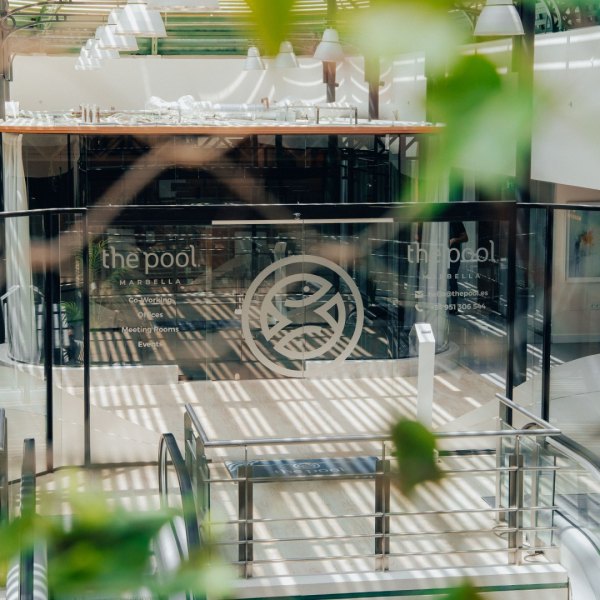
The Pool Marbella: The home of Marbella 2.0
4 min. read · Pia Arrieta
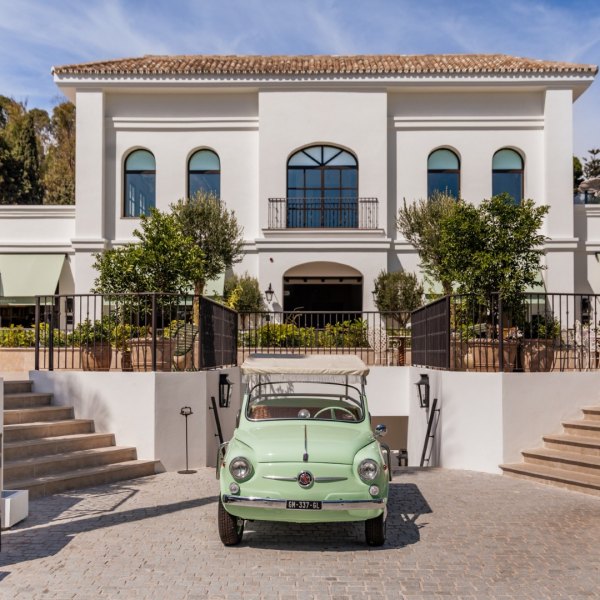
Forum Marbella: Bringing Vision and Design to Life in the Community
5 min. read · Pia Arrieta

Padel, Marbella’s very own racket sport
5 min. read · Pia Arrieta